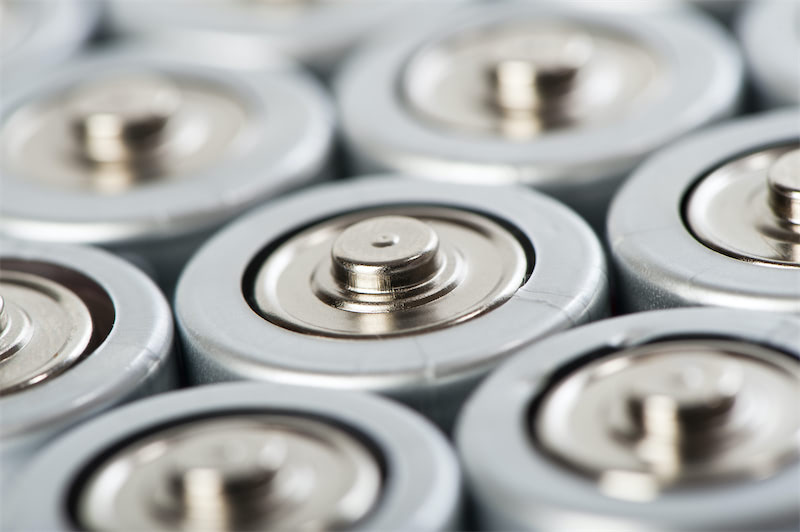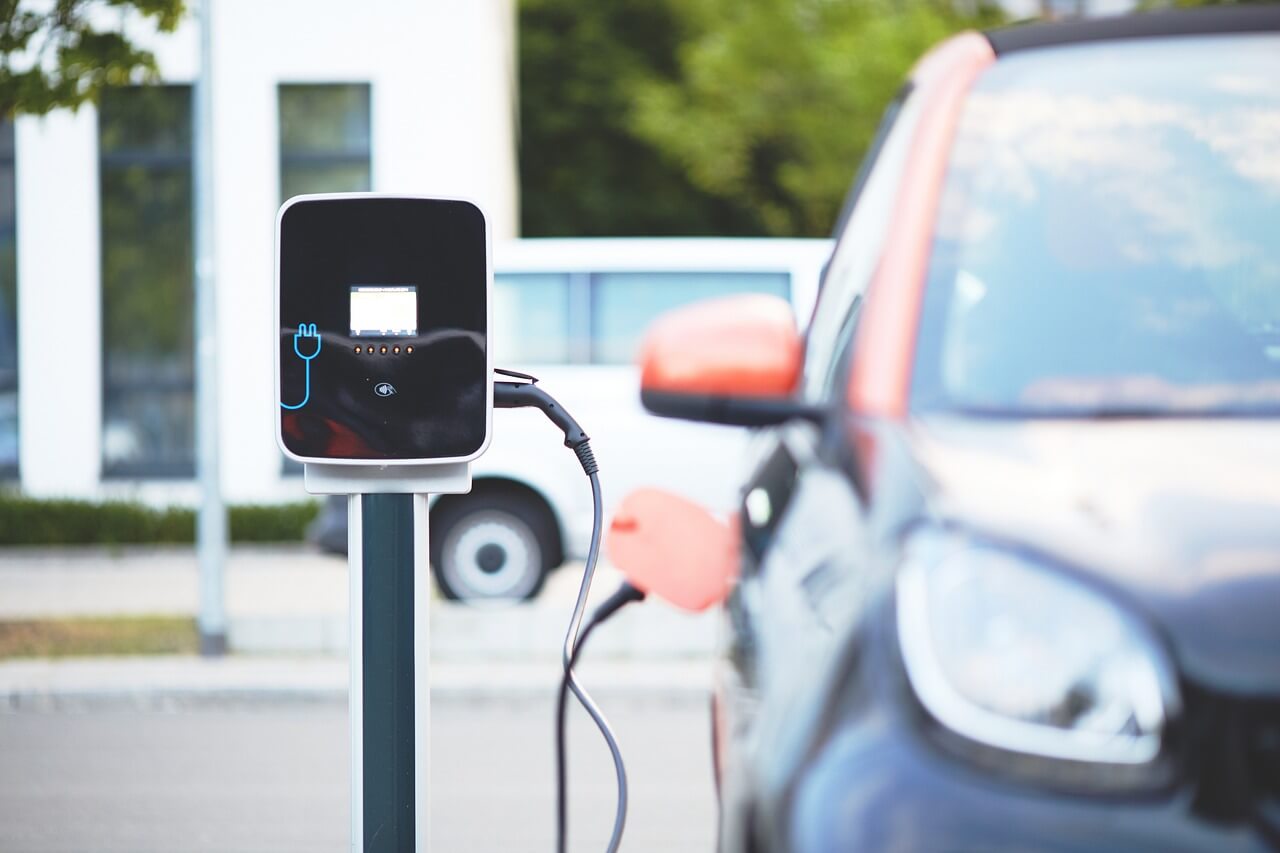Southeast Asia’s transshipment policies are undergoing their most profound shift in decades, as Washington tightens scrutiny on goods rerouted through the region. The Trump administration’s reciprocal tariff framework, first unveiled in April, is reshaping global supply chains and compelling countries such as Vietnam, Thailand, Malaysia, Singapore, Indonesia, and the Philippines to enforce stricter rules of origin and entrepôt controls. The United States has accused Chinese exporters of exploiting Southeast Asia as a backdoor to bypass punitive tariffs, prompting a wave of reciprocal trade deals designed to balance market access with enforcement. Vietnam has found itself at the centre of this dispute. Under a landmark deal signed on 2 July, Washington agreed to reduce tariffs on Vietnamese exports to 20%, with a significant reprieve from the previously threatened 46% “liberation day” rate, while also granting duty-free entry for American goods. In exchange, Hanoi has committed to imposing a 40% tariff on transshipments containing substantial Chinese content and to applying stricter rules of origin based on “substantial transformation.” Since April, Vietnamese customs have seized over 2,000 shipments falsely labelled “Made in Vietnam,” underscoring the scale of enforcement required. While the 20% tariff still poses headwinds for Vietnam, given that nearly a third of its exports head to the US, and it offers greater stability for key sectors such as textiles, electronics, and machinery, while helping the country sidestep a crippling 46% tariff. Yet, with roughly one-third of Vietnam’s inputs still sourced from China, the new 40% levy on Chinese linked re-exports is likely to accelerate supply chain diversification, pushing firms to seek alternative inputs from Thailand, Cambodia, or India.
Thailand has followed a similar course. From 1 August, reciprocal tariffs on Thai goods to the US fell from 36% to 19% after Bangkok agreed to enforce tighter origin rules and curb Chinese goods transiting through its ports. Authorities are now stepping up certificate of origin audits, imposing fines of up to 40% for fraudulent declarations, and strengthening cooperation with US customs. Alongside trade enforcement, Thailand has introduced a two-year tax exemption for US cloud and digital service providers such as AWS and Google Cloud, as part of its strategy to attract American technology investment. Thai officials have also blocked Chinese rerouted goods and tightened oversight on products falsely branded “Made in Thailand,” reinforcing their commitment to fair trade practices. Malaysia has opted to centralise its oversight. In May, the Ministry of Investment, Trade and Industry assumed sole authority for issuing non-preferential certificates of origin, curbing loopholes in re-exports. Beyond enforcement, Kuala Lumpur is positioning itself as a hub for clean energy investment. The forthcoming ASEAN Energy Business Forum, scheduled for 15 to 17 October, will highlight opportunities in renewables, low-carbon technologies, smart grids, and storage, with the aim of accelerating the ASEAN Power Grid and moving Malaysia towards its goal of sourcing 70% of its electricity from renewables by 2050.
Moreover, Singapore, despite enjoying the lowest reciprocal tariff at 10%, faces mounting pressure to tighten re-export scrutiny. Its customs authority has rolled out stricter disclosure requirements, warning that re-exports lacking “substantial conversion” will face a punitive 40% tariff. Besides that, Indonesia agreed in July to a 19% tariff, has pledged to modernise its rules of origin while backing WTO efforts to maintain tariff-free digital trade. The Philippines, also at a 19% rate, has harmonised its entrepot rules with US standards. Even Cambodia has been drawn in, committing to stricter oversight in sensitive sectors such as solar energy. Others than that, the broader between US and China trade conflict looms large. Washington has provisionally reduced combined tariffs on Chinese goods to 30% by splitting out between a 20% levy on fentanyl-related products and a 10% reciprocal tariff, and a though discussions continue over whether this window will extend beyond 12 August. President Trump has sharply criticised Vietnam as a “colony of China” for facilitating tariff evasion, underscoring the geopolitical undertone of these policy shifts. For Southeast Asia, these moves represent a fundamental restructuring of its trade environment. While countries in the region have avoided the harshest tariffs threatened earlier this year, new duties of 20 to 40%, coupled with stricter origin rules, will raise compliance costs and hasten supply chain reorganisation. Vietnam, Thailand, and Malaysia in particular face the challenge of balancing enforcement with sustaining export-led growth. At the same time, the pivot towards renewable energy and digital integration signals ASEAN’s ambition to play a stronger role in the global clean energy economy.
From the perspective of new energy, however, the consequences are even more profound. SMM believes that the US tariff regime is fragmenting the global recycling market, with flows of black mass, the crucial intermediate material from spent lithium-ion batteries becoming increasingly regional rather than global. For Chinese enterprises, the challenge is twofold, not only higher tariff costs but also the shrinking of ASEAN as a convenient transshipment hub, even as China formally opened its black mass import regime in August 2025. Interest has surged in Indonesia, Thailand, and Malaysia, where hydrometallurgical capacity aligns with Chinese processing standards. Yet import compliance remains opaque, with uncertainty over whether local authorities will fully recognise Chinese technical criteria. Unless new compliant supply chains are established, US importers may face higher costs and slower progress in battery recycling, given rules of origin that impose elevated tariffs on ASEAN-based recyclers still dependent on Chinese inputs. Black mass routed through ASEAN risks being treated as a proxy for Chinese material, subject to punitive tariffs that complicate re-export and US market access. The open question now is whether large-scale Chinese imports of black mass from ASEAN countries will trigger further economic sanctions, potentially reshaping the geopolitics of battery recycling.



